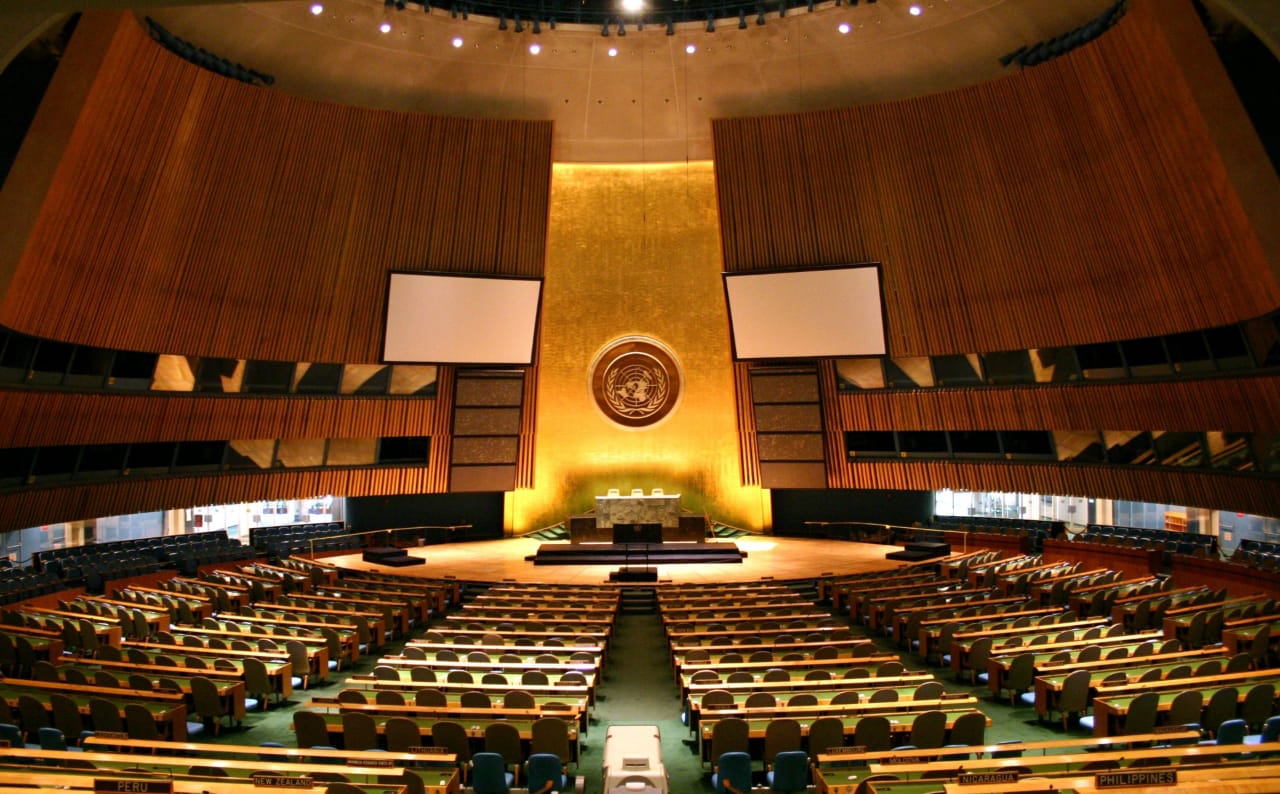
In a surprising move at the United Nations, India abstained from voting on a crucial resolution condemning Russia’s actions in Ukraine, a decision that has sparked international debate and criticism. The vote, which saw 99 countries opposing Russia’s stance and only 9 in favor, highlighted India’s delicate diplomatic balancing act between global alliances and regional partnerships.
Prime Minister Narendra Modi’s recent visit to Russia for the Indo-Russia conference, where he advocated for peace and dialogue, has been cited as a significant factor in India’s decision to abstain. Modi, acting as an ambassador of peace, emphasized during the conference that war is never a solution, signaling India’s preference for dialogue over confrontation.
The abstention, however, has not been well-received by all quarters. The United States, a key ally of India and a staunch critic of Russia’s actions, expressed disappointment over India’s stance. The U.S. administration’s disapproval underscores the complexities India faces in its foreign policy, balancing ties between major powers.
The resolution itself aimed to condemn Russia for its military actions in Ukraine, which have been widely condemned globally. The conflict has escalated humanitarian concerns and drawn condemnation from several international quarters for its impact on civilian populations.
India’s abstention, alongside 60 other countries who chose not to vote, including fellow BRICS nation South Africa, reflects the diverse range of geopolitical considerations at play. While India has traditionally advocated for non-interference and peaceful resolution of conflicts, its decision not to take a stand has brought into question its role in global peacekeeping efforts and its alignment with international consensus on critical issues.
As debates continue to unfold at the UN and beyond, India’s abstention serves as a reminder of the complexities of maintaining neutrality in a world increasingly polarized by geopolitical tensions.
Read more: https://thelocaljournalist.com/nato-conference-biden-channels-zelesonkey-trump-questions-leadership/
